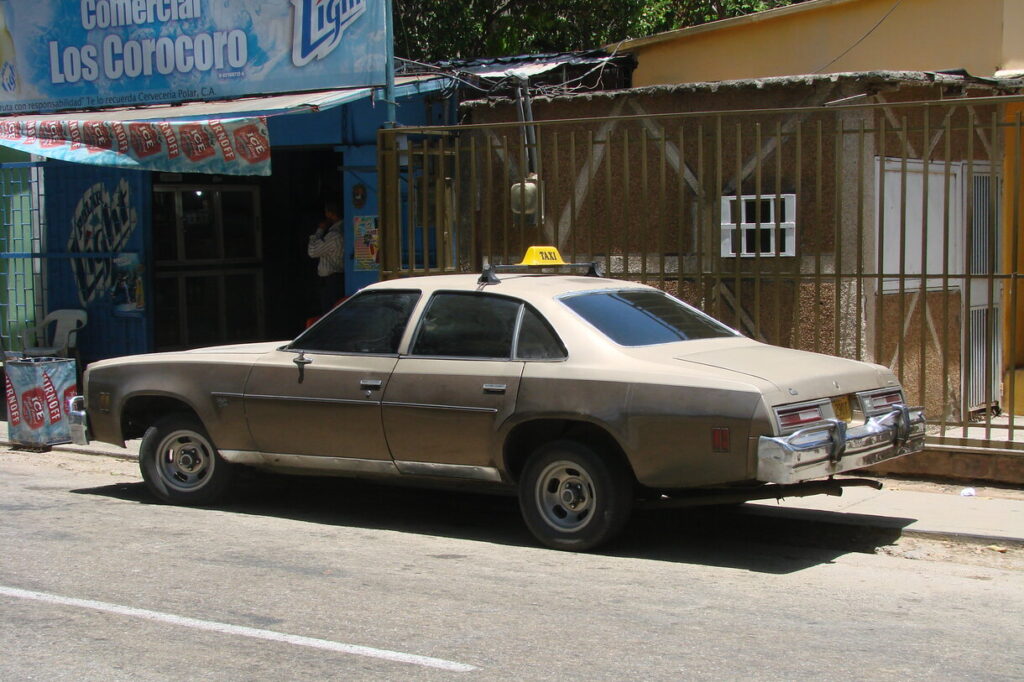The Ultimate Venezuela Travel Survival Guide
1. Currency and Money Exchange
Venezuela operates on a dual currency system (as of March 2010):
| Official rate | 1 USD = 4.3 VEB (bolívars) |
| Black market rate | 1 USD = 6 VEB |
While black market exchange is illegal, it’s widely practiced. Follow these golden rules for safe transactions:
- Avoid too-good-to-be-true rates – often a trap
- Exchange small amounts at a time (50-100 USD per transaction)
- Receive bolívars before handing over your dollars
- Always count money at the end of the transaction
- Exchange at clothing or electronics stores for better safety
2. Safety – How to Avoid Trouble
Venezuela ranks among Latin America’s most dangerous countries, with 81 homicides per 100,000 people annually (compared to 0.7 in Poland). Minimize risks with these tips:
- Avoid night walks – streets empty after 6-7 PM
- Beware “motochorros” – motorcycle-riding thieves
- Keep wallets and documents in inner pockets
- Jewelry and expensive gear attract unnecessary risk
- Trust locals – if they warn about an area, listen

3. Transportation – Surviving Venezuelan Buses
In the country with the world’s cheapest gasoline ($0.03/liter), road transport thrives. Here’s how to navigate buses:
- Choose private companies – safer than state-run options
- Ticket purchase procedure:
- Queue at the ticket counterValidate ticket at another windowCheck your luggage (it gets weighed!)Pass through security check
- Bring warm clothes – AC often set to 17°C (63°F)
- Avoid Caracas overnight – night buses help skip staying in the capital
4. Military Checkpoints – What to Expect
On main roads every 30-50 km (18-30 miles), you’ll encounter military checkpoints. Armed soldiers typically check:
- All passengers’ documents
- Luggage contents
- Travel purpose
Border controls are especially strict – prepare for frequent stops.

5. Health and Vaccinations
Recommended vaccinations:
- Hepatitis A and B
- Yellow fever (required when entering from certain countries)
- Tetanus
Malaria prophylaxis only needed for Amazon region visits.
6. Communication – Getting By
English isn’t widely spoken. Essential Spanish phrases:
| Hola | Hello |
| ¿Cuánto cuesta? | How much does it cost? |
| Baño | Toilet |
| Ayuda | Help |
| No entiendo | I don’t understand |
Download an offline translator app before your trip.

Venezuela presents extraordinary challenges but equally incredible adventures. With proper precautions and these practical tips, you can avoid common pitfalls and experience the journey of a lifetime in this fascinating country!

2024-02-03 at 17:12
Thank you for writing this post. I like the subject too.